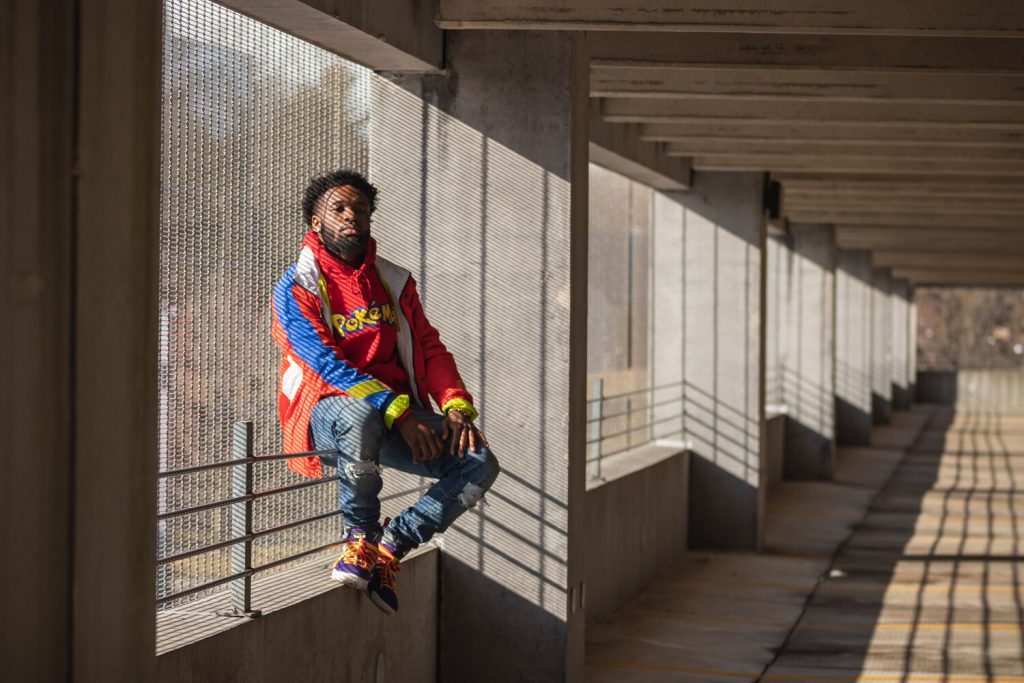
“You know I think change, and the entrepreneurial spirit is one that is deterred sometimes. It’s one that fails sometimes. It’s one that’s not always clear sometimes. But the energy is consistent, the spirit is consistent.”
Malachi Byrd has channeled that entrepreneurial energy and changemaking spirit since well before he joined the LearnServe Fellows program in 2012. Reflecting on his work where art and activism meet, Malachi shared these insights with the next generation of LearnServe students:
“I think there’s something about the moment when you realize that you can make an impact in any situation, big or small. The moment when you realize that you’re no longer just at the mercy of the world but the fact that the world is yours is a really beautiful moment. And I love when people, young people, have the moment where they say ok, I want to do this.”

Here’s how Malachi describes his impact: Through the juxtaposition of his suburban and urban experiences in the Washington, DC area, he uncovered his passion for discovering and attacking institutionalized racism in all of the overt and covert ways that it is perpetuated. Whether he’s diving into educational opportunities, healthy food access, or police brutality, he is committed to the battle against anti-Blackness.
As a long-time rapper and spoken word artist, MalPractice, Malachi has always believed in the intersection of art and activism. From the mix of his African-American studies degree and Gender & Sexuality certificate from Princeton University, to performing through Split this Rock and being selected as Washington DC’s inaugural youth poet laureate (2015), to publishing his dually named book and mixtape, Crowning Too Early (2017), Malachi displays in his artwork where his research interests lie: fully interrogating the evaporation of Black childhood.
With the proceeds from Crowning Too Early, Malachi has launched a scholarship fund to support creative and academic endeavors of rising artists. “So the Crowning Too Early scholarship and book and music project all came out of this understanding that a lot of Black children simply don’t have the ability to be children,” Malachi shared. “There are a lot of institutional and societal restrictions and hindrances that make Black children raise themselves, that force them to take on roles that they might not necessarily be ready for, and [Crowning too Early] was about and for those people.”
Malachi performed his poem Done Waiting on July 7th in memoriam “For George Floyd, Breonna Taylor, Tony McDade, for every name.” Done Waiting draws upon deep emotional underpinnings to denounce police violence and anti-Blackness in an urgent, powerful piece. You can watch the performance on his Instagram @seemalpractice or YouTube channel.
“What inspires me most about youth-driven social impact? It’s definitely the motivation and the excitement, the eagerness that young people bring to activism and art and work.” Malachi shared this past spring. His own determination and dedication to justice through art is a crucial call to action for each of us.
